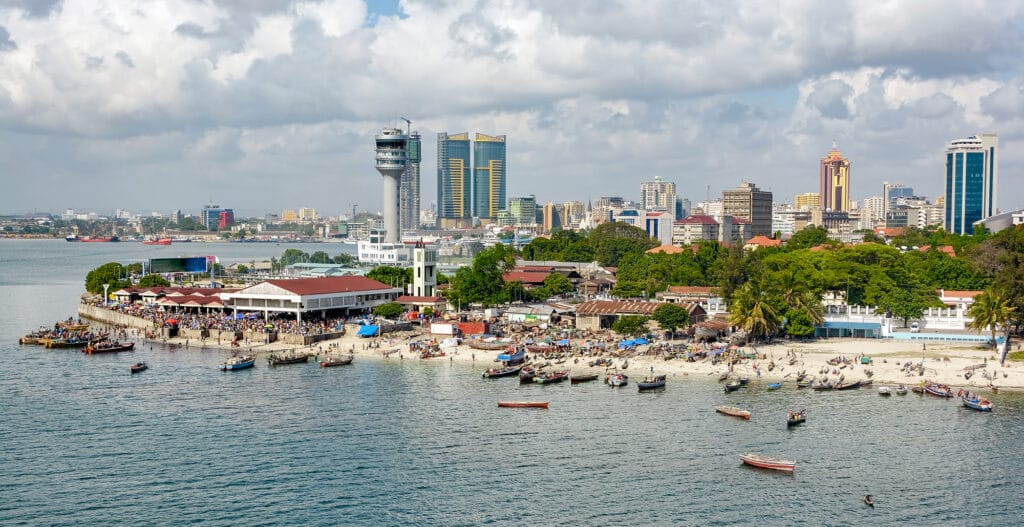Tanzania is emerging as a leader in East Africa, with a robust socioeconomic transformation that has positioned it as a regional powerhouse. Its GDP growth, averaging 5.5% over the past decade, is projected to accelerate to 6% by 2025, according to the International Monetary Fund (IMF).
President Samia Suluhu Hassan’s administration has built on the late President John Magufuli’s reforms, fostering political stability, infrastructure expansion, and investor-friendly policies. These measures have made Tanzania a top destination for foreign direct investment (FDI), with inflows rising 6.3% in recent years, totaling $3.5 billion in the 2023/24 fiscal year.
Notable advancements include the Tanzania Investment Act of 2022, which simplifies business processes and guarantees profit repatriation for investors, alongside infrastructure projects such as the $2.9 billion Julius Nyerere hydropower plant and the standard-gauge railway linking Dar es Salaam with regional neighbors.
Tanzania has also leveraged its abundant natural resources, including gold, nickel, and rare earth minerals, attracting major companies like Tesla and Lifezone Metals. The mining sector contributes 9.1% to GDP, with revenues expected to double by 2027.
The country’s strategic economic reforms and rising regional trade dominance have unsettled the status quo within the East African Community. Tanzanian trade, valued at $12.1 billion in 2023, has surpassed Kenya’s, making Dar es Salaam a central hub for regional commerce.
However, challenges such as high public debt, foreign currency shortages, and political uncertainties ahead of the 2025 elections remain. Yet, Tanzania’s stability and investor-friendly environment continue to solidify its status as a key player in Africa’s economic future.


